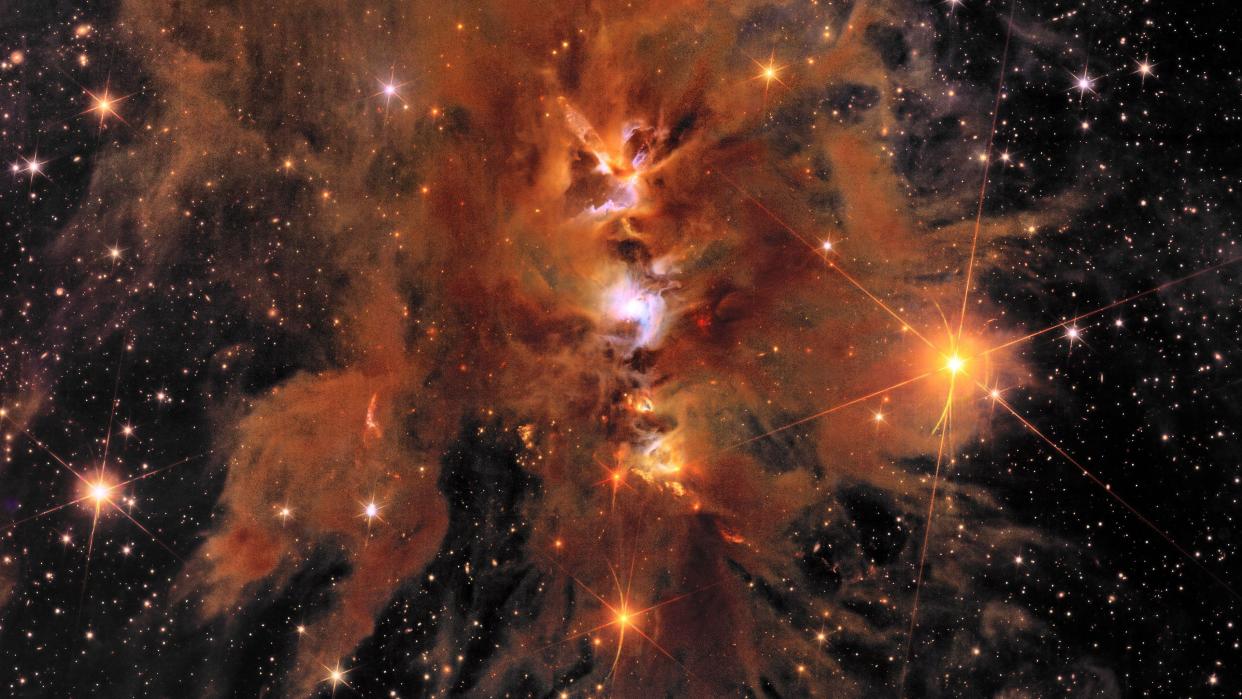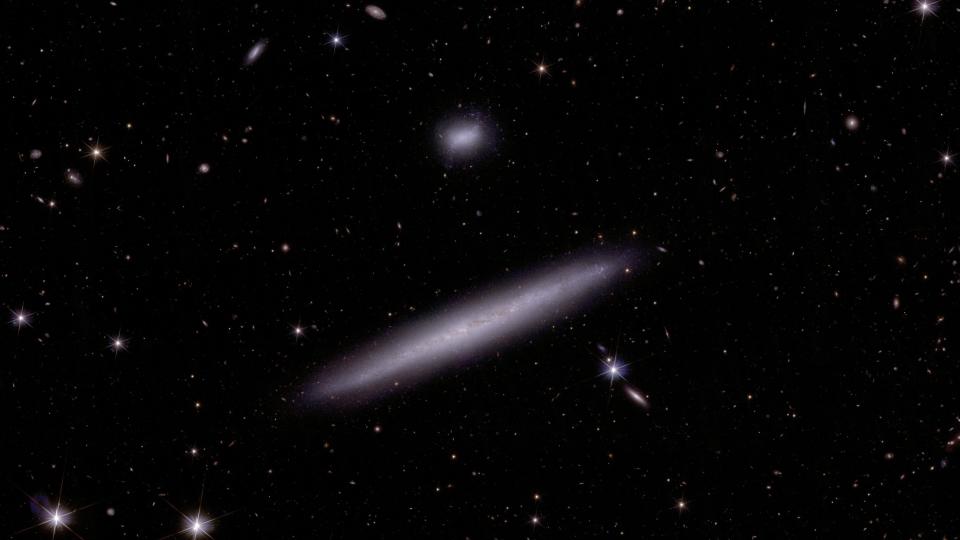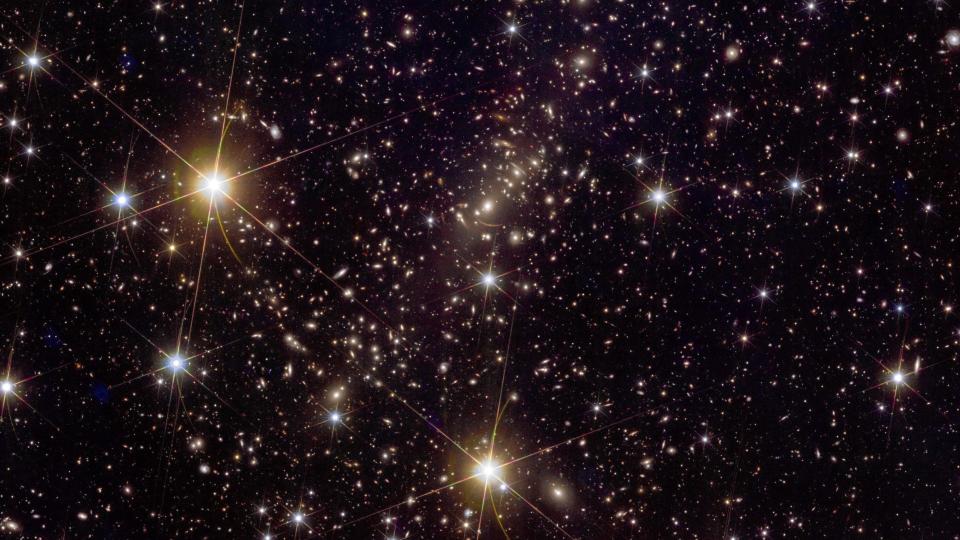Space telescope reveals new images of the Universe

A space mission involving Durham University scientists, designed to help understand the dark Universe, has released five new and spectacular images.
The university is a key partner of the European Space Agency’s (Esa) Euclid space telescope, which launched in July 2023.
Professor Richard Massey, of Durham’s Centre for Extragalactic Astronomy, said: "Euclid is the most sensitive camera ever built."
Its new images show clusters containing thousands of galaxies, star forming nurseries and galaxy mergers.
Physicists at Durham created mock data used to train the analysis software of the telescope.
Researchers from the university will compare their simulations against real observations from Euclid to help them interpret information captured by the telescope.

Professor Massey said of Euclid: "It took 20 years to design it in a way that it will survive its inhospitable environment for at least six years.
"Today’s images show the capacity Euclid has to see structures and objects in the dark Universe in detail that we have never seen before.
"This is a hugely exciting time, which will significantly advance our knowledge and understanding of the evolution of our Universe."

Esa Director General Josef Aschbacher said: “The mission is the result of many years of hard work from scientists, engineers and industry throughout Europe and from members of the Euclid scientific consortium around the world.
“They can be proud of this achievement.
"The results are no small feat for such an ambitious mission and such complex fundamental science.
"Euclid is at the very beginning of its exciting journey to map the structure of the Universe.”
Follow BBC North East on X (formerly Twitter), Facebook and Instagram. Send your story ideas to northeastandcumbria@bbc.co.uk.


